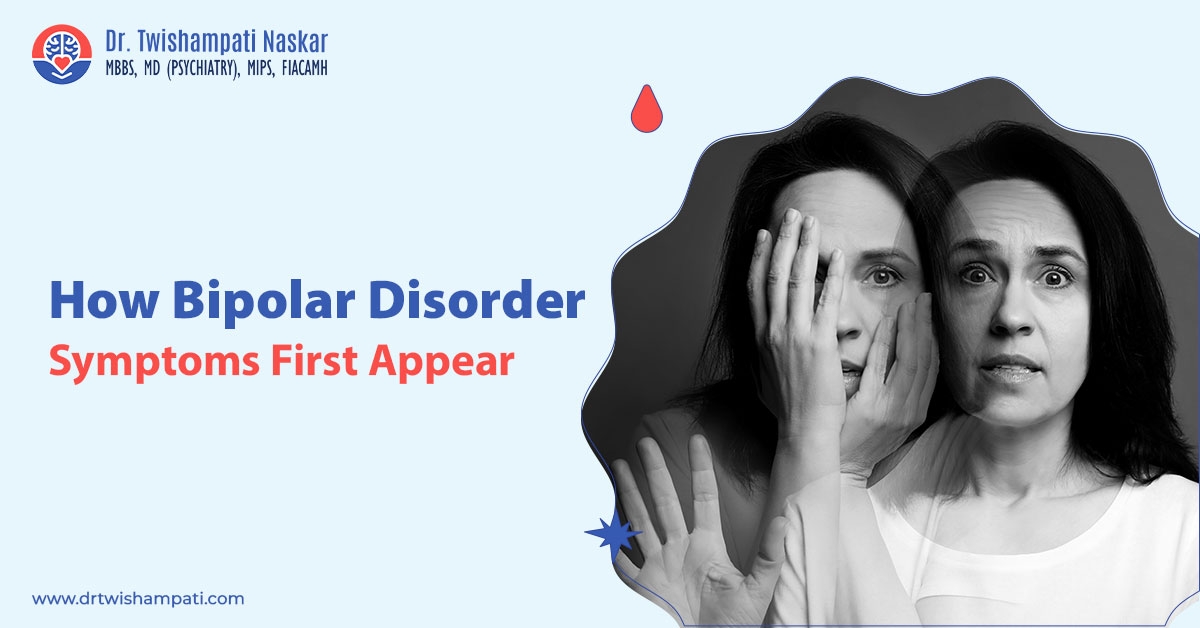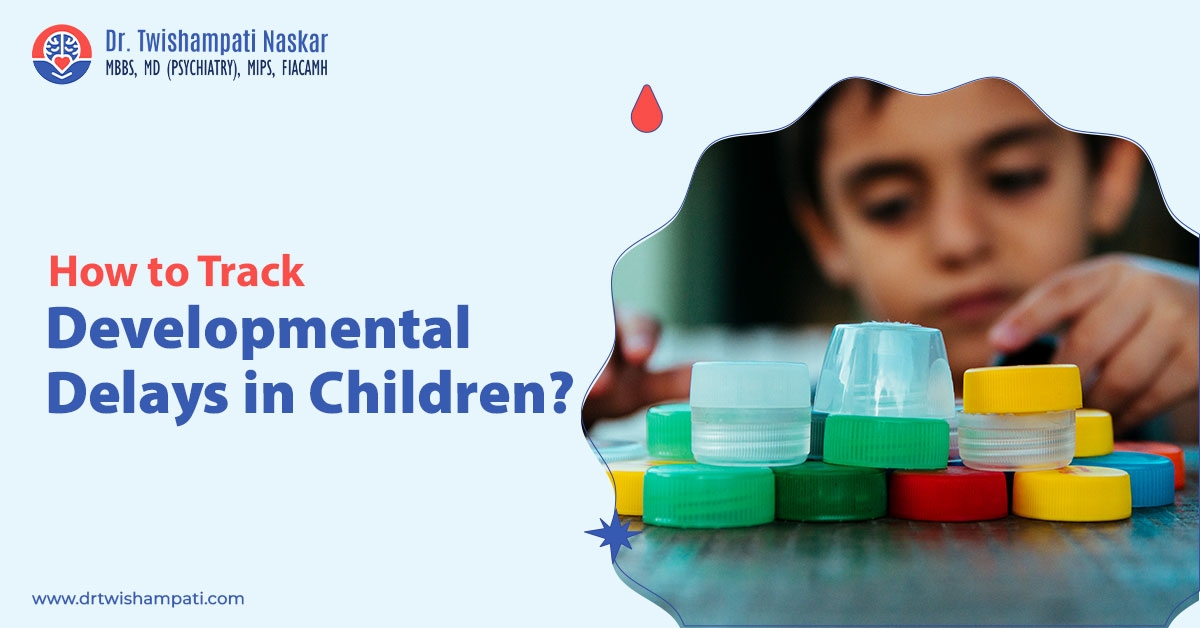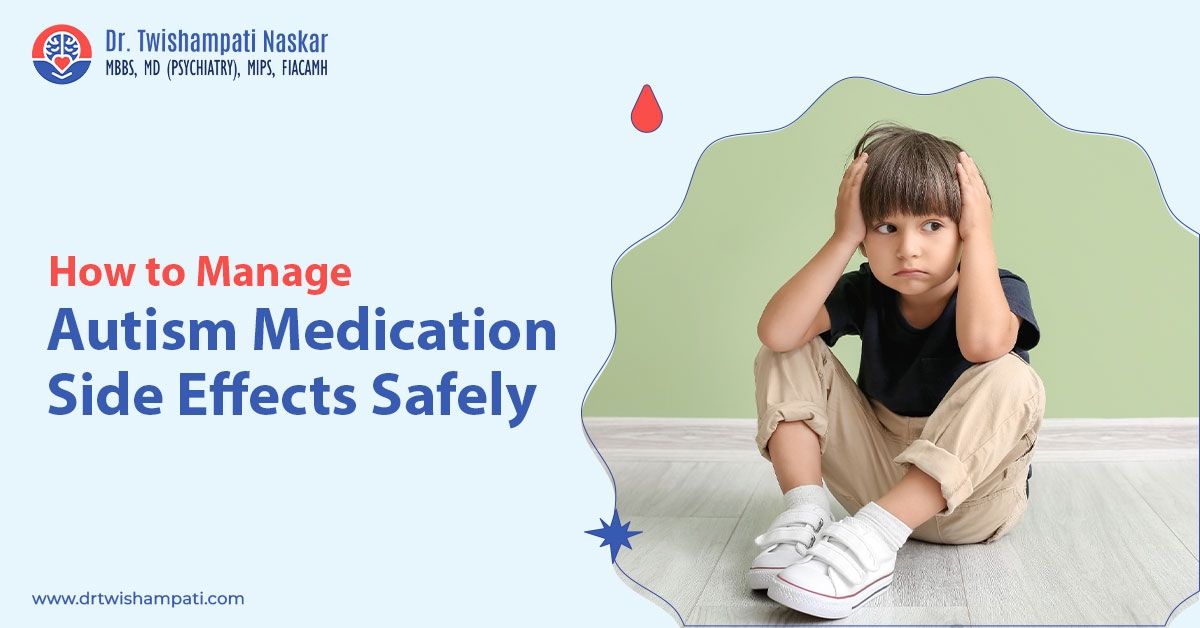You know, autism is one of those things that people often misunderstand. Maybe you’ve heard things from movies, social media, or even friends and family, but here’s the thing: not everything you hear is true. And when these myths spread around, they don’t just confuse people; they also make life harder for autistic individuals and their families. Sometimes, it even stops them from getting the right support or autism treatment in Siliguri.
The truth is, autism isn’t one-size-fits-all. Every person with autism is different. Some may find certain things challenging, while others may surprise you with their unique skills and way of seeing the world. That’s why it’s essential to clarify the confusion and focus on the facts.
So, if you really want to understand autism better, let’s talk about 12 of the most common myths, and I’ll explain to you what’s actually true. Trust me, by the end, you’ll see autism in a whole new light.
Myth 1: Autism Happens Because of Parenting
Fact: Some people still think autism happens because of the way parents raise their kids, but that’s not true at all. Autism is linked to how the brain develops, and it’s mostly influenced by genetics and biology. Parenting style doesn’t cause it. So, if you’re a parent, please don’t blame yourself. What really makes a difference is giving your child love, support, and the right kind of therapy to help them grow.
Myth 2: People with Autism Don’t Have Feelings
Fact: Some people mistakenly believe that someone with autism doesn’t feel emotions, but that’s simply not true. They feel happiness, sadness, love, and frustration just like everyone else. The only difference is how they show it. Some might express their feelings openly, while others may keep them inside or show them in ways you might not expect. It doesn’t mean they don’t care; it just means they express emotions differently.
Myth 3: Autism Only Affects Boys
Fact: A lot of people think autism only happens in boys, but that’s not true. Girls can have autism too; it’s just that sometimes their signs are harder to notice. Many girls learn to “mask” or hide their challenges, so they often get diagnosed later or are even missed completely. That’s why it’s important to remember that autism isn’t about gender; anyone can be on the spectrum and deserves the right support.
Myth 4: Everyone with Autism Is a Genius
Fact: You’ve probably seen movies where autistic people are portrayed as having amazing talents in math, music, or memory. While some do have special skills, most autistic individuals are just like anyone else; they have their own strengths and face challenges too. The important thing is to support them in developing their abilities, without expecting them to be super geniuses.
Myth 5: Autism Can Be Cured
Fact: Many believe that autism can be “fixed” or cured, but that’s not how it works. Autism isn’t an illness; it’s just a different way of experiencing and interacting with the world. The key is that with the right support, therapy, and understanding, autistic individuals can acquire new skills, communicate more effectively, and lead fulfilling lives. It’s not about changing who they are; it’s about helping them grow, feel confident, and thrive in their own way.
Myth 6: Autistic People Don’t Want Friends
Fact: So many people assume that autistic individuals like being alone all the time, but that’s not really true. Many do want friends and want to connect with others, but it’s just that social situations can sometimes feel overwhelming or tricky to navigate. With a little patience, understanding, and encouragement, they can form meaningful friendships just like anyone else.
Myth 7: Vaccines Cause Autism
Fact: You might have heard people say that vaccines can cause autism, but that’s completely false. Scientists have studied this many times, and there’s no link between vaccines and autism. Vaccines are safe and really important because they protect kids from serious illnesses. So, there’s no need to worry; getting vaccinated doesn’t cause autism at all.
Myth 8: People with Autism Can’t Live on Their Own
Fact: If you think that someone with autism can’t live independently, that’s not true. Many autistic individuals can live on their own, have jobs, and even start families with the right support. Everyone is different since autism is a spectrum, but with life skills training, therapy, and guidance, independence is absolutely possible. It’s all about giving them the tools and support they need to thrive.
Myth 9: All Autism Is the Same
Fact: If you think autism looks the same in everyone, but that’s not true. Every person with autism is unique. Some may be very talkative, others might be quieter. Some might have amazing memory skills, while others may need help with everyday tasks. Understanding that everyone is different helps families, teachers, and caregivers give the right kind of support and make life easier for them.
Myth 10: People with Autism Don’t Get Jokes
Fact: It’s often assumed that autistic individuals don’t get jokes, but that’s not true at all. They enjoy humor and can be really funny themselves! The difference is that they may interpret humor in their own unique way. While sarcasm or subtle jokes can sometimes be tricky, their perspective often makes their sense of humor clever, creative, and completely their own.
Myth 11: Kids Can Outgrow Autism
Fact: If you’ve heard that kids will eventually grow out of autism, that’s not true. Autism isn’t something a person leaves behind as they get older; it’s a part of who they are. But here’s the good news: with the right care, therapy, and support, children and adults with autism can build new skills, communicate better, and live more independently. It’s not about outgrowing autism; it’s about learning, growing, and finding ways to thrive.
Myth 12: Autism Is Only for Children
Fact: It’s a common belief that autism is only something children experience, but that’s not the case. Many adults are also on the spectrum, and some may only discover it later in life. The encouraging thing is that support works at any age. Adults can still benefit from therapy, pick up new communication skills, and find strategies that make daily life smoother. For many, getting a diagnosis as an adult actually feels empowering; it helps them understand themselves better and connect with the right resources.
Understanding Autism Makes a Big Difference
When we believe the myths about autism, it can create unnecessary stigma and misunderstandings. Knowing the facts helps families, teachers, and friends support autistic individuals in the best way possible. Sometimes, even small things like being patient, using simple and clear communication, or making the environment more comfortable can make a huge difference in someone’s day.
Being informed also helps families make smarter choices about therapy, schooling, and social support. Starting early with interventions and behavioral therapy can have a really positive impact, helping autistic individuals grow, learn, and thrive in everyday life.
Simple Ways to Support Autistic Individuals
Here are a few simple ways to support someone with autism:
-
Be Patient: Let them take their time to respond.
-
Avoid Assumptions: Everyone on the spectrum is unique.
-
Encourage Interests: Hobbies can be developed into skills or passions.
-
Use Clear Communication: Short, simple sentences help understanding.
-
Create Comfort: Reduce noise, bright lights, or sensory overload when possible.
Even little acts of patience and understanding can make a huge difference.
Conclusion
Autism is often misunderstood, but knowing the truth can completely change how we support and connect with autistic individuals. Busting myths helps reduce stigma and makes it easier for families, teachers, and communities to provide the care and understanding that really matters.
Whether you’re a parent, friend, or caregiver, learning about autism is the first step toward being compassionate and inclusive. If you’re looking for professional help, Dr. Twishampati Naskar can guide you with autism treatment in Siliguri, helping both individuals and families lead happier, more confident lives.
Remember, autism isn’t a limitation; it’s just a different way of experiencing the world. With patience, understanding, and the right support, autistic individuals can live happy, meaningful, and fulfilling lives.





